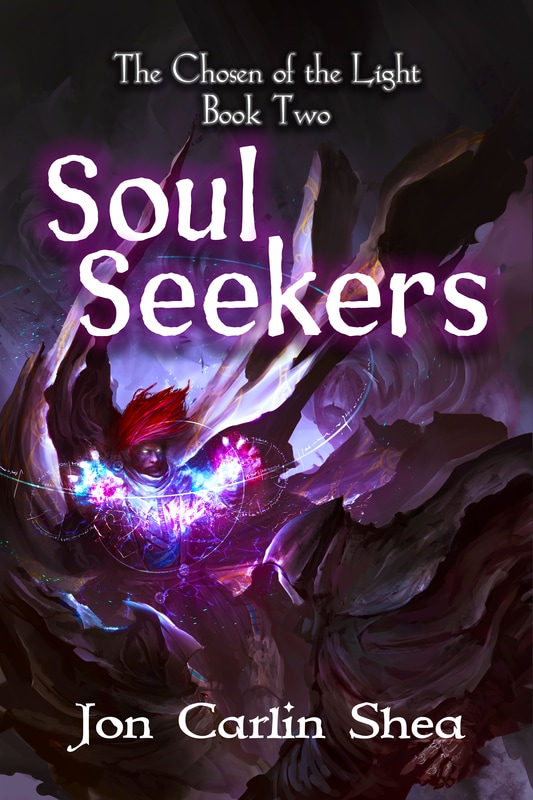|
Depression and anxiety can be a powerful combination. Anxiety cripples you, forcing doubt and despair into your thinking. Depression holds you down. Tackling your everyday life can feel like an uphill battle. If writing is part of your everyday life, putting words down on paper can feel very much the same. You stack letters into words, push the words up into sentences, then into paragraphs, all while doubt sits on your back, threatening to topple all you’ve created. It’s not a great feeling, but don’t give up! At the top of the hill, there’s steady ground and hopefully, a stable and slow descent beyond to pick up some speed. ROUTINES & GOALS When depression hits you, focus on what you want to do, then set a routine to match your goals. Because depression tends to suck away your drive, figuring out a goal to strive for will help bring things into focus. What do you want to do today? Do you want to write a blog post? Do you want to finish a chapter? Once you figure out your goal, set an achievable routine. Challenge yourself, but don’t set the bar so high the tips of your fingers don’t even touch it. Put your schedule down on paper as a reminder, and stick to it as best you can. Don’t forget to take breaks, and do not feel bad if you slip. Depression has a way of dragging you down hard when you don’t meet your own expectations. Forgive yourself. GO FOR A WALK Exercise is one of the most powerful tools in fighting depression. Not only does exercise increase the endorphins in your body, but it helps to clear your mind, allowing you to focus. Going for a 20-minute walk is enough to get your body in production mode. Take that energy and use it to put your vision down on paper.  WATCH WHAT YOU EAT Depression and anxiety can certainly affect the way you eat. Sometimes, you can only find solace in a bag of potato chips. Other times, you might find yourself going for long stretches of time without eating anything. You need fuel for energy, and you need energy to write, so be mindful of the fuel you’re putting into your body. Challenge yourself by limiting crutches like caffeine and sugar. Try something new and start the day with a different breakfast. Whatever you do or don’t put into your body will have an affect on your body and ultimately what you write. MEDITATION Meditation can mean different things to different people. Some people meditate in a quiet space without any intrusions; others require music or some kind of background noise. Some people rely on breathing techniques. Whatever your process, what matters in meditation is the ability to quiet your mind. Let those cluttered and anxious thoughts melt away so you can focus on your words.  LIMIT YOUR SOCIAL MEDIA INTAKE Social media can have an over all negative impact on your mental health, and if you’re here, you likely came by way of social media. The internet is filled with information, and social media takes that information and spins it into varying degrees of insanity. While social media can be a useful tool for writers, it can bombard you with unnecessary information. So again, focus on your goals, and limit yourself when going on social media. Post what you need to, find what you need to, and return to your work. Scrolling through status updates will not cure your depression. In the end, only you can figure out what truly works in your cure for depression. Trying new things and staying flexible are probably the two most important lessons. If you make your routine too rigid, whatever you decide to make it, you’re destined to fail. Clear your mind and get your words out there. It isn’t easy to shake off depression and anxiety, but revel in your small victories!
1 Comment
|
Archives
March 2019
Categories |





 RSS Feed
RSS Feed
